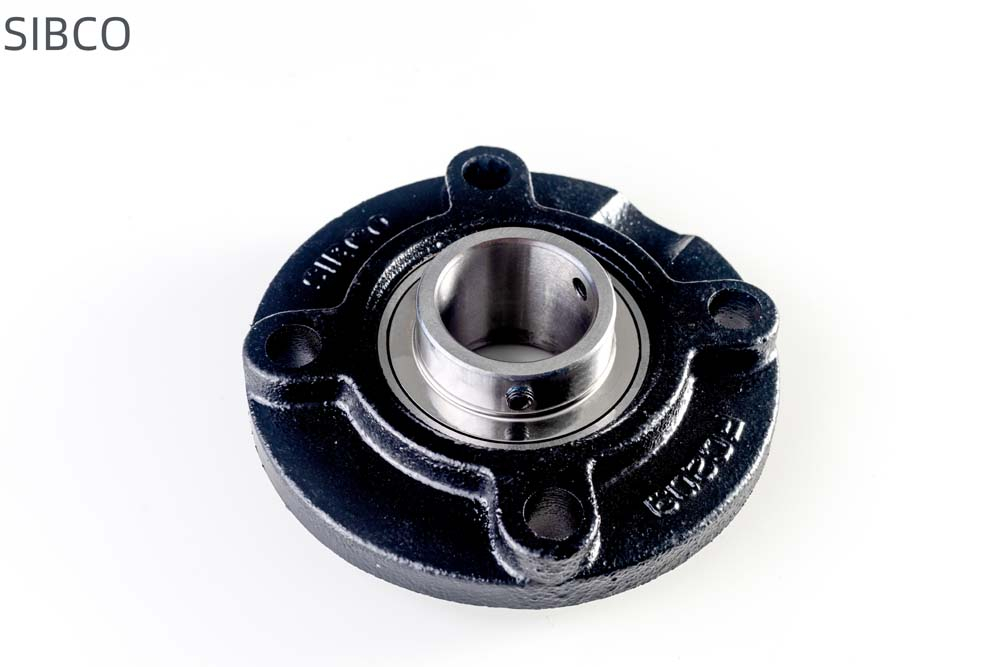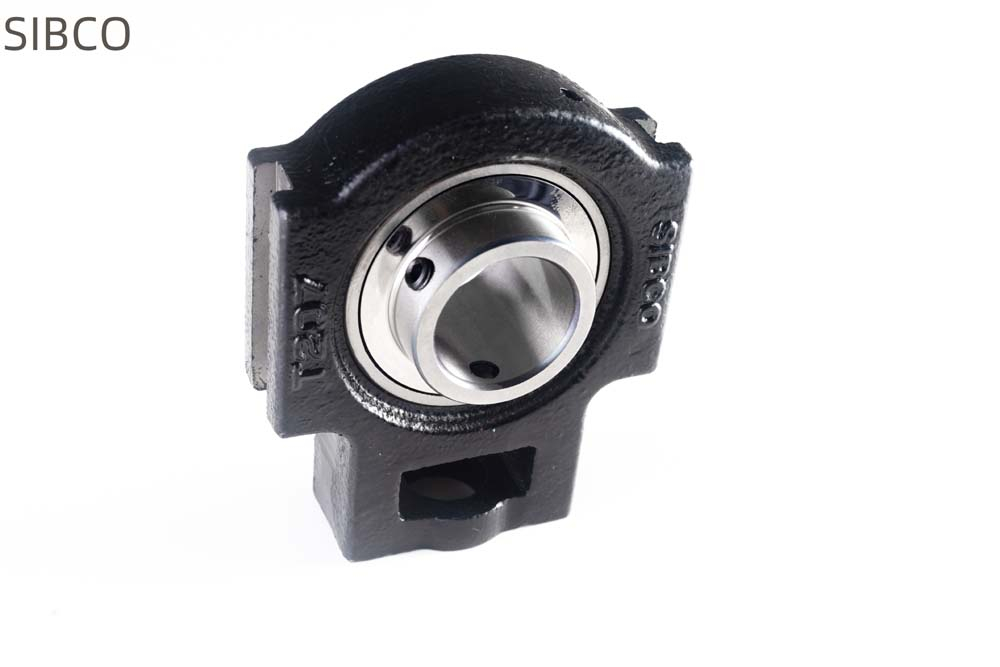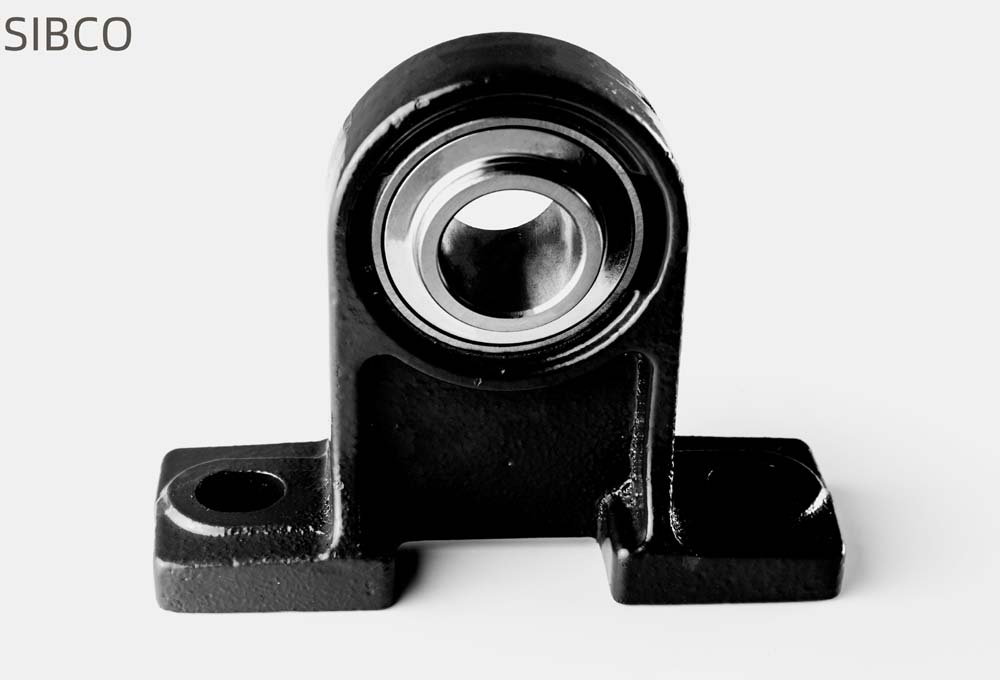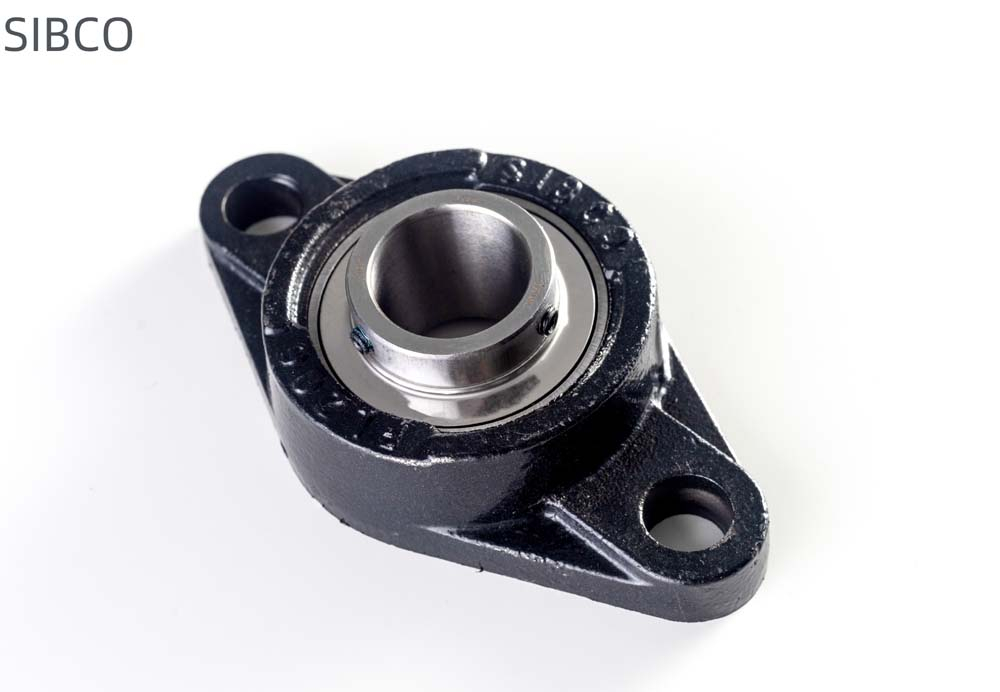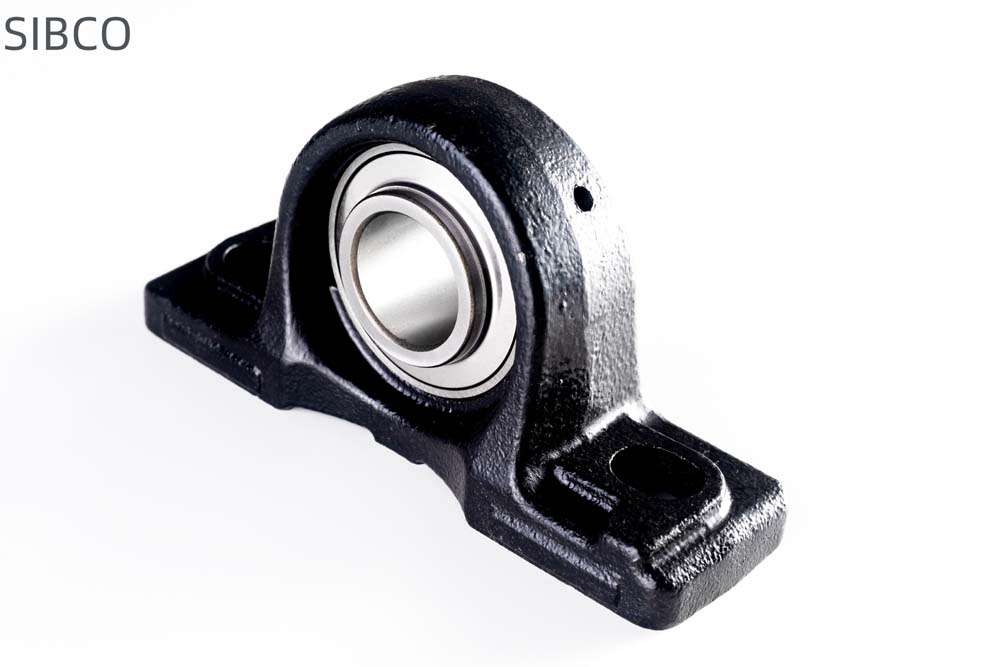Factors affecting the service life of grinding roller bearings
Release time:2025-05-16 hits:0次
The factors that affect the service life of grinding roller bearings mainly include the condition of the bearings themselves, the use of the bearings, the operation of the mill, the storage of the bearings, and so on.
The use of bearings is an aspect that users can subjectively control and is also a key factor affecting bearing life. From installation to specific operation and maintenance, various factors that affect bearing life are permeated in every link. Installation aspect: The installation quality of grinding roller bearings is an important factor affecting their service life, and many premature failures or damages of grinding roller bearings are related to improper assembly. Users must strictly follow the instructions when replacing the grinding roller bearings. Installing them too loosely or too tightly will cause premature damage to the grinding roller bearings.
The condition of the bearing itself, the material and heat treatment process of the bearing, as well as its strength and wear resistance, surface structure, internal geometric structure, etc., all affect the service life of the bearing. For users and designers, it is important to understand the working conditions and load status of bearings, and provide relevant parameters and working conditions when selecting bearings. Specific issues with bearings can be considered by the bearing manufacturer.
In the specific installation process, the first thing to avoid is hammering. The installation of bearings requires heating, and attention should be paid to the control of heating position and temperature during heating. It is required that the oil be heated together with the bearings in a cold state, with a temperature control of 100 to 110 degrees. After installing the bearings, they should be cleaned with kerosene. The entire grinding roller must undergo a pressure test after assembly, with a test pressure of 0.05 MPa and a holding time of 30 minutes.
In terms of usage, it mainly includes sealing, lubrication, and monitoring. In high temperature, impact, heavy load, and low-speed application environments, it is difficult to form good lubrication conditions for bearings, and the harsh dust environment and impact further deteriorate the lubrication condition. The actual application results show that most of the damage to grinding roller bearings is the result of improper lubrication of the bearings. In terms of monitoring and protection, the sealing pressure and bearing temperature should be monitored in real time, and the control logic and interlocking should not be removed arbitrarily. If abnormal sealing pressure and bearing temperature are found, the grinding should be stopped in a timely manner to prevent damage to the grinding roller bearings.
Sealing also has a significant impact on the working life of bearings. The function of sealing is to prevent lubricating oil from leaking out of the bearing and to prevent external dust from entering the bearing. In a high dust working environment, if a large number of tiny hard particles enter the interior of the vertical grinding roller bearing, it will deteriorate the working environment of the bearing, reduce the lubrication effect, and even form indentations on the raceway surface, causing pitting corrosion and even peeling of the raceway surface, reducing the working life of the bearing. Therefore, choosing highly reliable sealing components is crucial for improving the working life of bearings. The sealing at the grinding roller bearing adopts a sealed air form, which uses compressed air to prevent dust in the grinding chamber from entering the bearing lubricating oil. The sealing wind must have a certain pressure, and the gap at the wind ring should not be too large. For MLS vertical mills, the sealing wind pressure should reach over 5000Pa, the wind ring gap should be less than 3-5mm, and the wind speed at the wind ring should be above 50m/s to achieve effective sealing effect.
Due to the use of oil pool lubrication in MLS vertical mills, the heat generated during bearing operation cannot be effectively removed, making it difficult to remove small impurities inside the bearings and purify the working environment of the bearings. So the selection of lubricating oil is particularly important. The selection of lubricating oil should pay attention to the brand and quality, and it is also required that the lubricating oil has extreme pressure additives. It is recommended to choose ISO VG 680 PAG synthetic lubricating oil, and it must meet the requirement that the viscosity of one hundred degree oil must be greater than 90cSt. The amount of lubricating oil should be appropriate, and the oil sample should be checked regularly to see if it contains impurities, water, and abrasive particles.
The storage of bearings, improper storage of bearings is also a factor that affects their lifespan. If the bearings are not placed horizontally, it will affect their clearance accuracy. If the packaging is not tight and exposed to humid air, it will cause corrosion on the working surface of the bearings, resulting in small pits and stress concentration points during operation, which will cause failure and affect their lifespan.
As the core component of the grinding roller, avoiding the failure of the grinding roller bearing and ensuring its service life are the key to the effective operation of the grinding machine. From the selection, installation, use, maintenance and other aspects of grinding roller bearings, there are hidden factors that affect the bearing life. Users must do a good job in each aspect to ensure the normal operation of grinding roller bearings and even the entire production line.
The operation of the mill and the vibration of the mill can affect the service life of the bearings. Therefore, reducing vibration, especially horizontal vibration, during the operation of the mill can provide reliable guarantee for the good operation of the grinding roller bearings. The loading method of MLS vertical mill is centralized loading of the pressure frame. As the grinding disc rotates, a horizontal tangential additional force is generated at the pressure frame. Therefore, for large vertical mills, a buffer device is added at this location, and the effective operation of the buffer device is the key to reducing horizontal vibration.
 SIBCO Bearing
SIBCO Bearing
